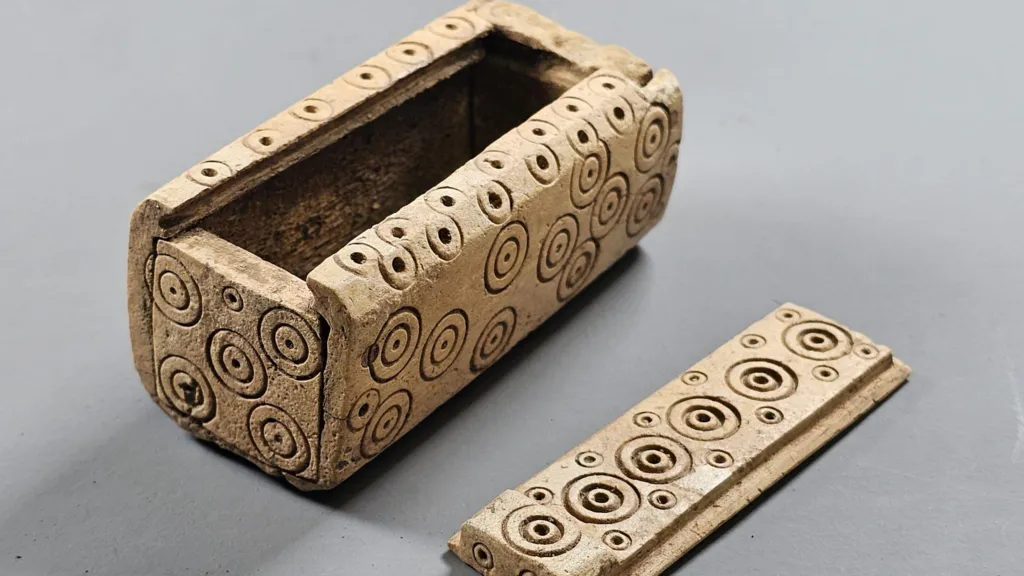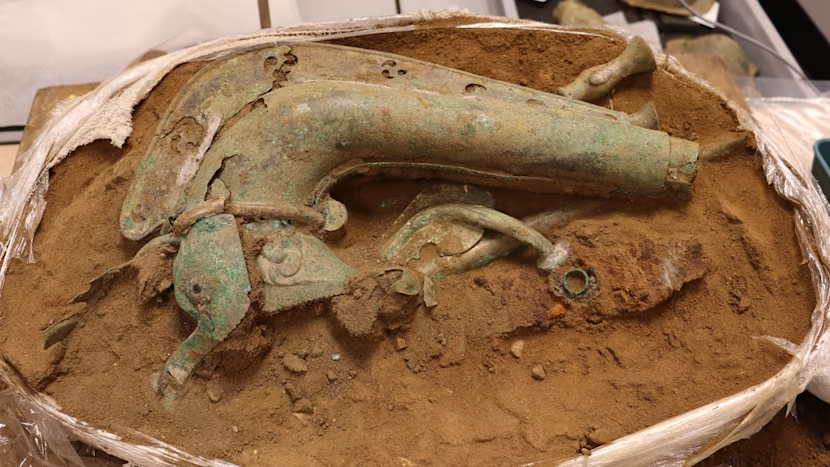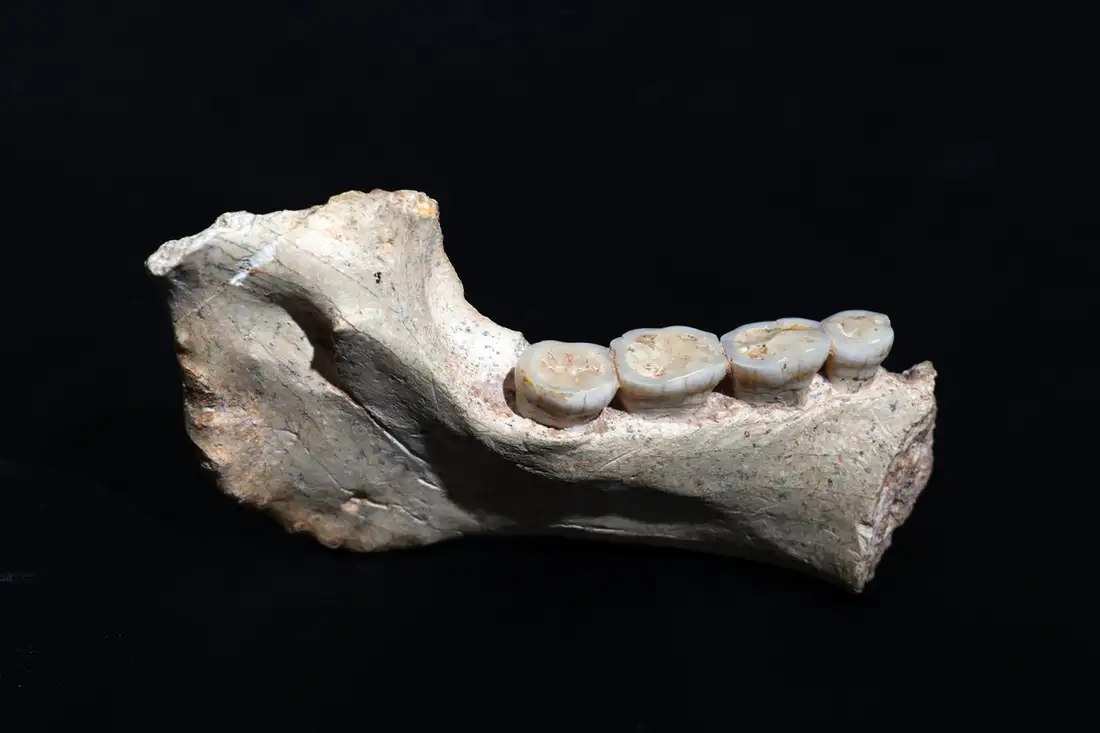Baast as a Protector Deity
In ancient Egypt, Baast was revered as a powerful protector. She was often called upon to safeguard homes, families, and the pharaohs themselves from harm. Egyptians believed her presence brought safety, warding off evil spirits and disease. Baast’s protective role made her a central figure in daily life and religious practices, highlighting her importance beyond mere symbolism.
Connection to Cats
Baast is most famously associated with cats, animals highly valued in Egyptian society. Cats were admired for their agility, hunting skills, and ability to control pests, which mirrored Baast’s protective nature. Many depictions show Baast with the head of a lioness or domestic cat, emphasizing her connection to these revered creatures. Families often kept cats in their homes, both as companions and as living symbols of the goddess’s protection.
Influence on Egyptian Society
The influence of Baast extended into many aspects of Egyptian culture. Her worship promoted respect for animals, particularly cats, and reinforced the importance of home and family safety. Temples dedicated to Baast became centers of community life, hosting festivals, rituals, and ceremonies in her honor. Her presence in art, jewelry, and amulets reflects how deeply embedded she was in the spiritual and everyday lives of the Egyptians.
By embodying protection, domestic harmony, and the mystical qualities of cats, Baast was more than a goddess; she was a guiding and protective force that shaped both beliefs and daily routines across Egyptian society.






